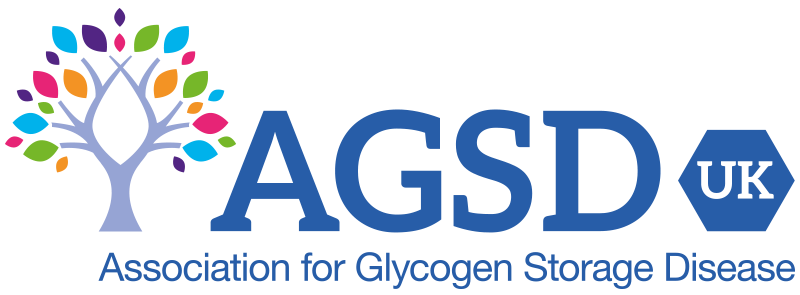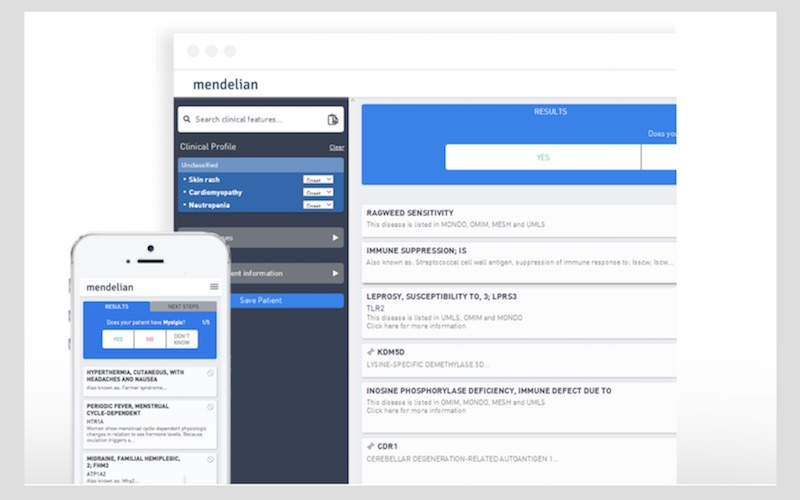Data driven approach to diagnosis
Mendelian is a company using a data driven approach including artificial intelligence (AI) to decrease the diagnostic delay in rare diseases – which takes on average about 8 years and 4 specialists, often involving misdiagnoses. These delays represent an odyssey for patients, a challenge for physicians and a headache for care providers. Mendelian helps doctors identify rare diseases faster so that patients’ lives can be improved with proper and timely care.
GSD data collated
their Mendelian approached AGSD-UK for help as they wished to interview patients diagnosed with a variety of GSDs to gather data on histories, symptoms, pathways, treatments, etc. In early February 2020 they interviewed about a dozen of our members with various GSDs. This information has contributed to the development of a computer algorithm called MendelScan which is used to search patient’s electronic health records held by GP.
In April they reported that 12 new disease criteria have been added, now making a total of 62 rare diseases that MendelScan can process in a search for clues to a diagnosis. They have recently identified possible rare disease in 56 patients and have returned reports to GPs for action.
Dr Will Evans, Clinical Lead at Mendelian, said:
“I would like to thank the members of the GSD community who were kind enough to offer their time to discuss their disease experience. Things are advancing despite the slowing of some of our clinical roll out due to the COVID-19 pandemic. The Mendelian team continues our work remotely, and we have put this time to good use – offering our data analytical skills to the fight against COVID-19. We have also increased our disease criteria, refined the reports we generate and developed new partnerships and opportunities, ready to expand when life restarts. Excitingly, we have another GP surgery in London keen to deploy MendelScan.”
Promising future
It appears very hopeful that Mendelian will be instrumental in shortening the delay in diagnosis, and thus improving the quality of life, of people with GSDs.

